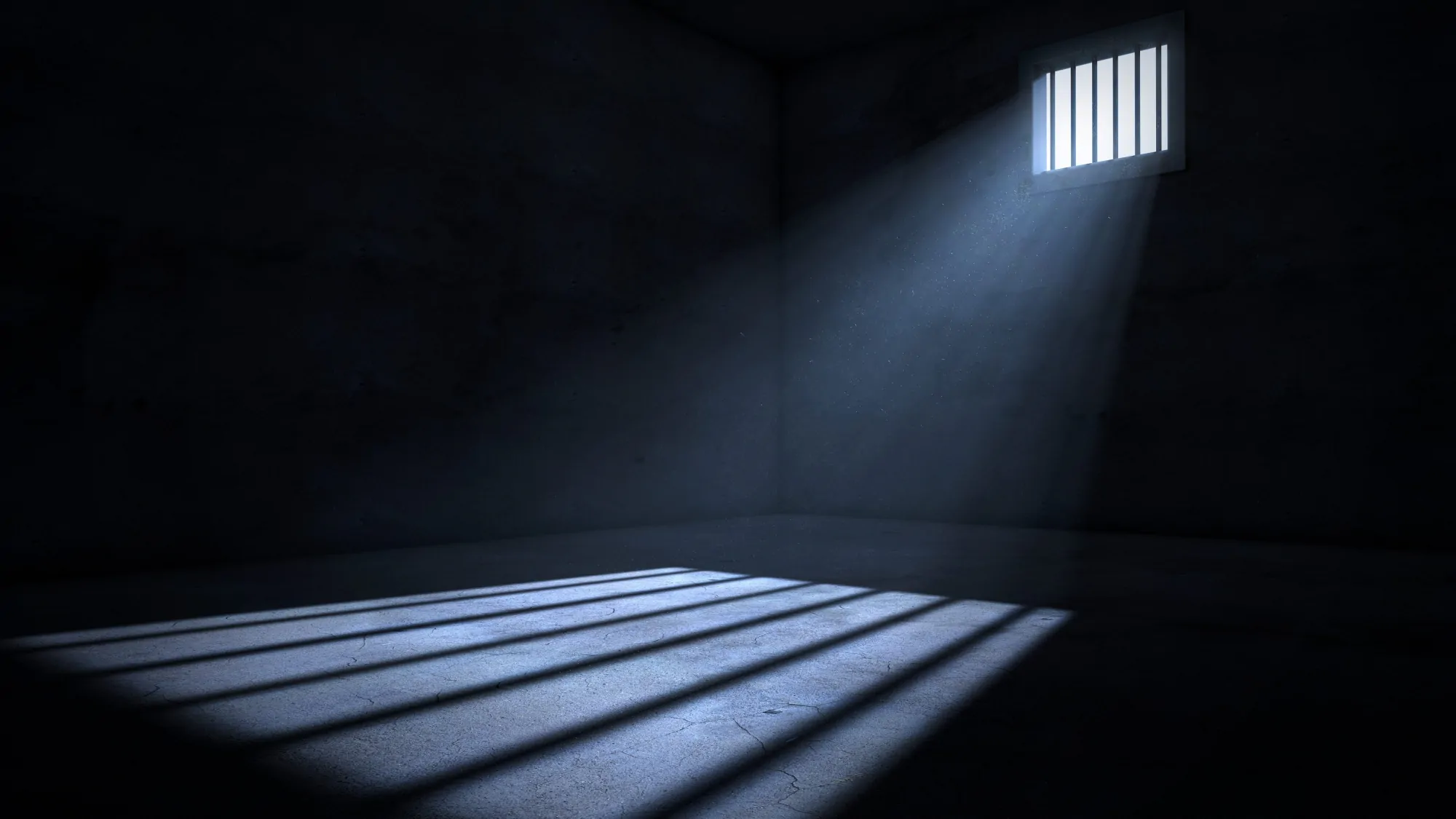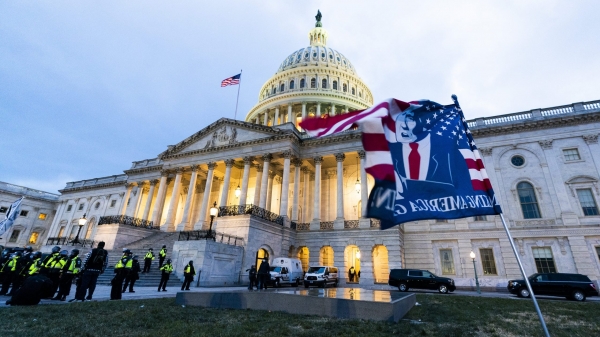A federal court ruled Monday that Alabama’s prison system fails to adequately evaluate the mental health of inmates during isolation in segregation cells.
The treatment of the inmates is unconstitutional and violates the Eighth Amendment, U.S. District Judge Myron Thompson wrote in a ruling that found the Alabama Department of Corrections to be “deliberately indifferent” to the treatment of the prisoners in isolation.
The court’s a 66-page decision released publicly Monday accompanies a 2017 ruling that found mental health care in Alabama’s prisons to be “horrendously inadequate.”
The new opinion ruled the department’s liability can extend to prisoners who didn’t demonstrate mental health care needs before entering segregation but whose mental health declines in segregation.
In “light of the significant number of wholly unanticipated suicides in ADOC segregation units, by individuals who were not on the mental-health caseload, defendants’ contention that ‘the system works’ is astonishing,” Thompson wrote in his opinion.
The ruling said ADOC “disregarded that harm” and failed to “act reasonably to alleviate it.” It follows a filing last week by attorneys for the inmates that reported the suicide rate in Alabama prisons to be at “crisis level.” The attorneys reported 13 suicides in 14 months.
The judge’s ruling orders lawyers from ADOC and the lawyers for the inmates to meet and submit a joint report with suggestions on how to fix the mental health care failures. The court will also hold a hearing on suicide prevention on April 19.
The Alabama Disability Advocacy Program and the Southern Poverty Law Center brought the lawsuit, Braggs v. Dunn, in 2014 that led to the 2017 ruling and the new ruling Monday. The mental health care aspect of the lawsuit is only the first phase of the suit. A second phase of the suit concerning dental care will go to trial in late 2019 or early 2020. A third phase will follow and focus on medical care.
“It has been evident for years that ADOC has failed to identify, monitor, and properly care for people who have serious mental illnesses and who develop them in ADOC custody. That systematic failure has led to needless suffering, especially for people in segregation,” said Maria Morris, senior supervising attorney at the SPLC. “We are only sorry ADOC didn’t do anything to remedy the situation during the last year and a half, as hundreds or thousands of men and women suffered in ADOC segregation units, and ultimately as 13 people took their own lives. We look forward to addressing the remedy with ADOC as soon as possible.”
The new ruling comes as Gov. Kay Ivey is considering a plan to reform Alabama’s prison system. In her State of the State Address, she called for an “Alabama solution” to an “Alabama problem.”
Former Gov. Robert Bentley tried to alleviate overcrowding and poor conditions in prisons by proposing a plan to build four new regional prisons to replace Alabama’s aging 15 correctional facilities. That plan failed two years in a row.
Last week, the SPLC called on the Legislature and Ivey to address the suicide crisis in Alabama’s prisons.























































